
The 20th Annual Festival of Quilts was a wonderful event!
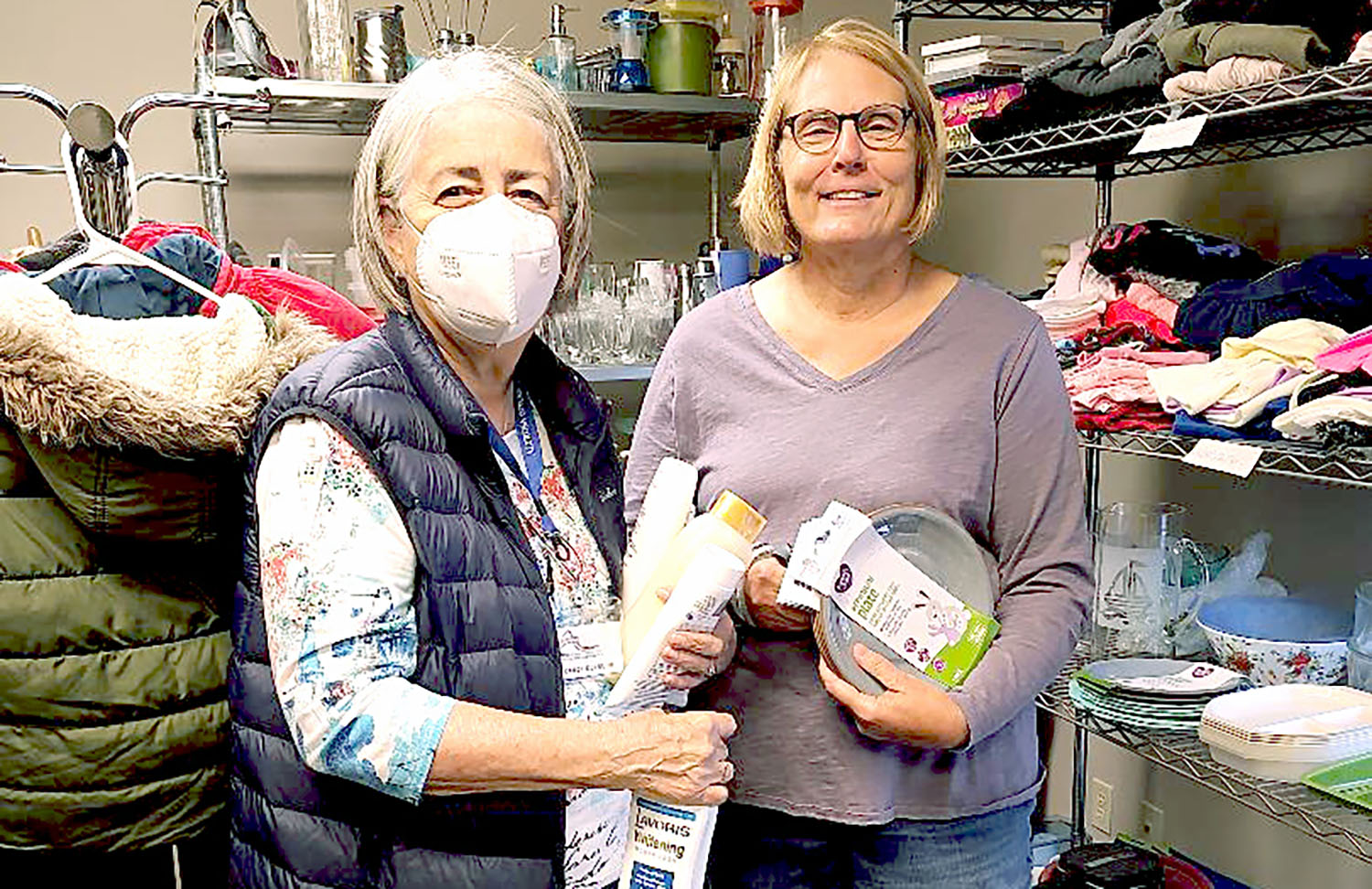
The Hope Chest is a safe place for people who’ve been homeless to find donated home items.

Each year we offer Winter Workshops to our staff for professional growth. This session was led by our Chaplain Anne Fuquay.
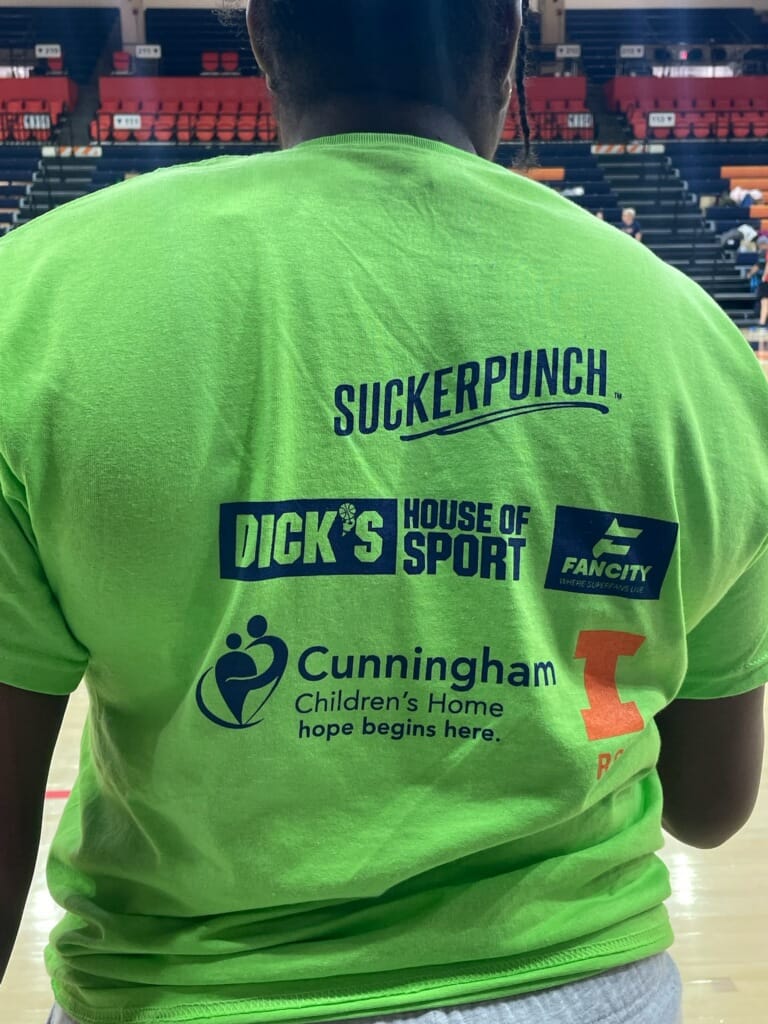
The inaugural Illini Get Pickled Tournament supporting Cunningham was a success.
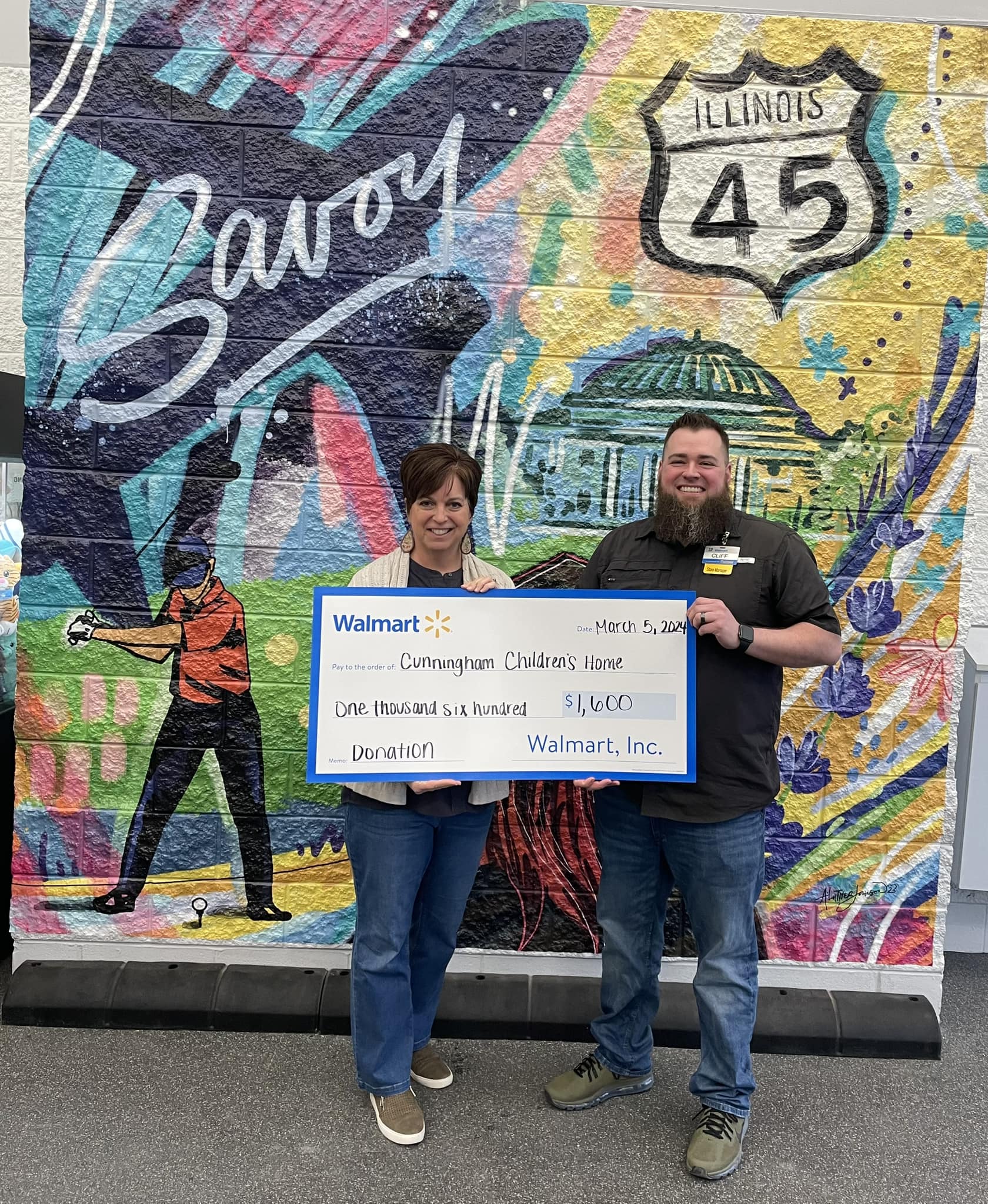
Our local Savoy Walmart awarded us a $1,600 grant for the daily needs of our youth.
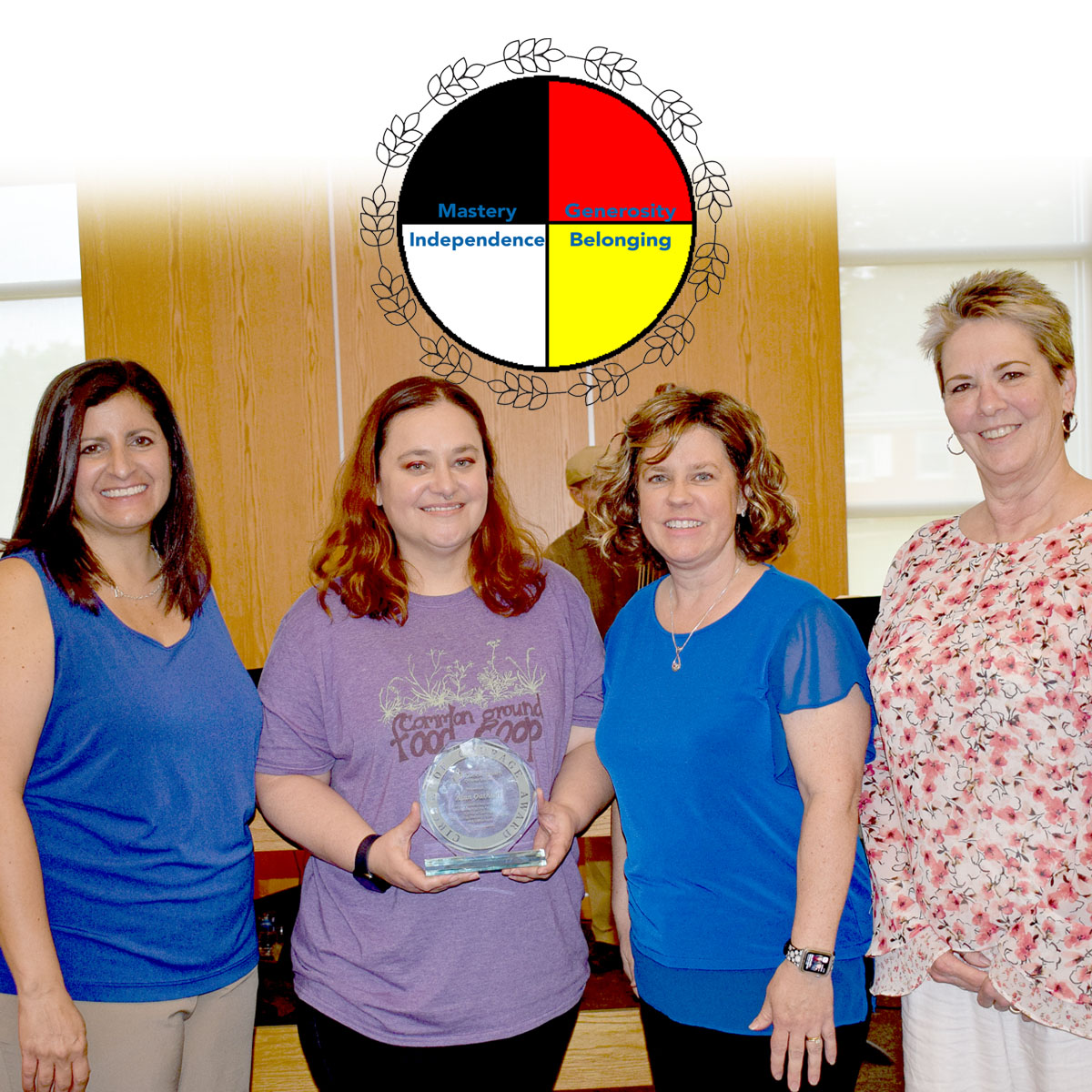
The Cunningham team gathered May 11, 2023 to celebrate four outstanding staff members–the Circle of Courage Award recipients.
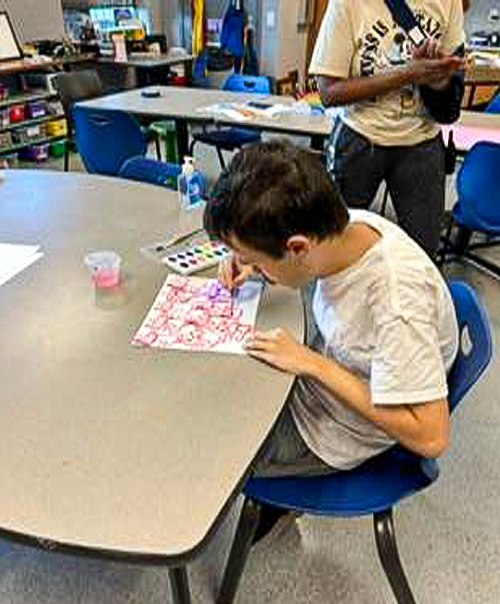
Braedyn, a student on the autism spectrum, has show great progress at CIRCLE Academy.
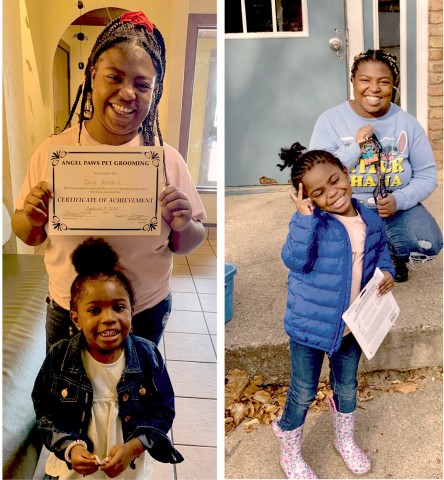
From being homeless, to being placed in Cunningham’s Runaway and Homeless Youth (RHY) Services emergency shelter, to moving into their first home, Desiray and Layla have a lot to be thankful for.
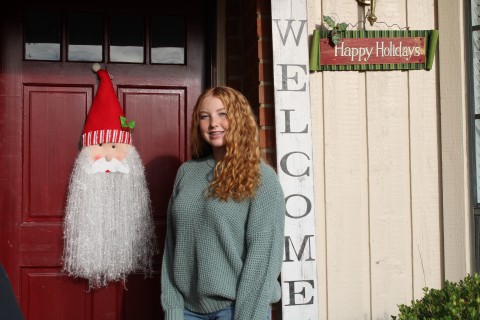
Molly’s successful transition from Cunningham’s Girls’ Group Home to her forever home.
